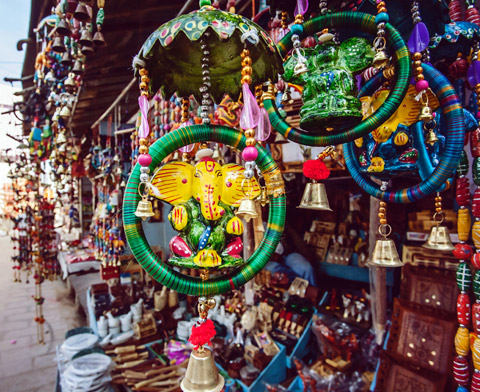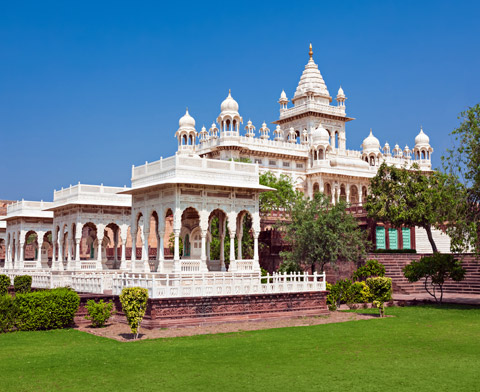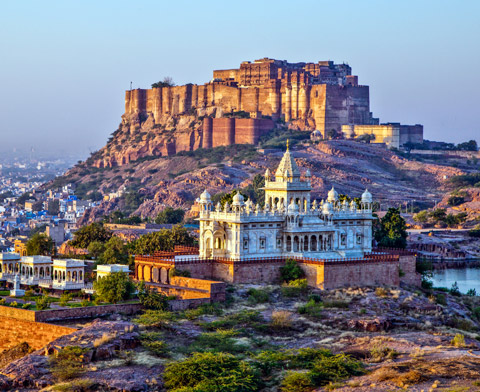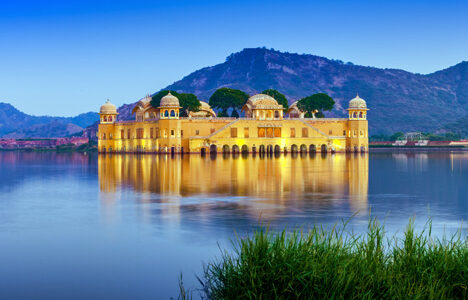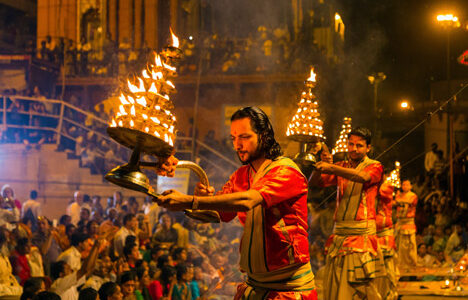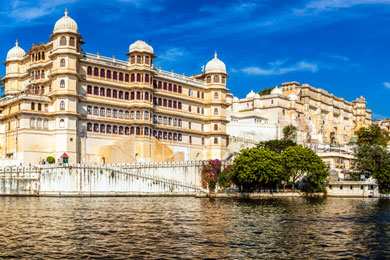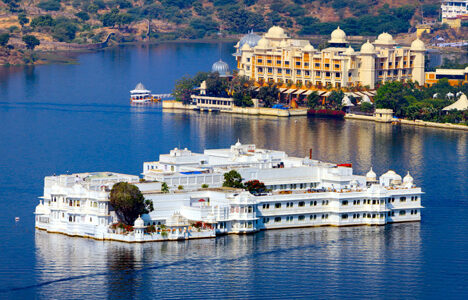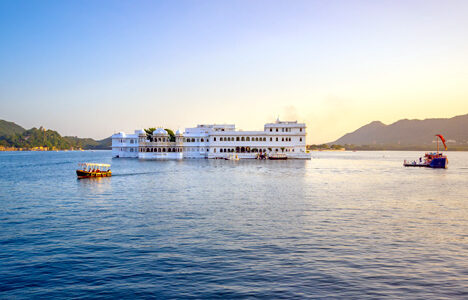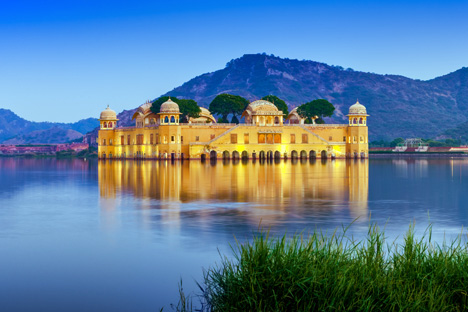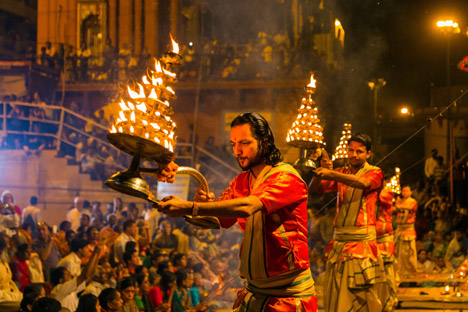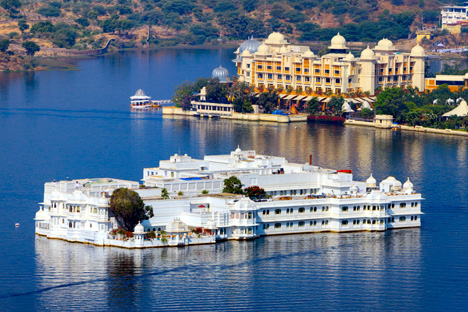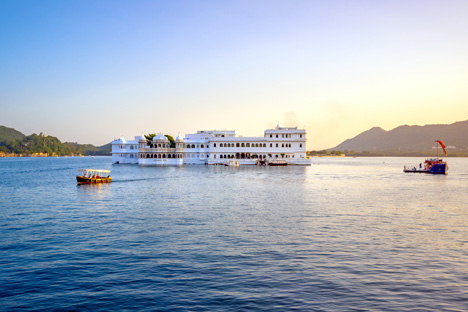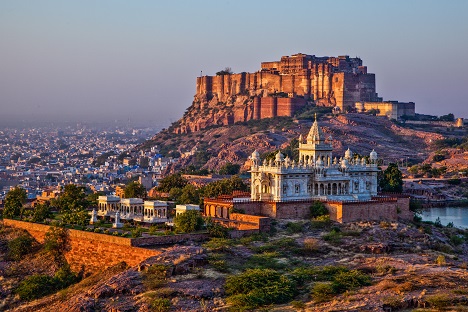Jodhpur Historical Significance
Founded in 1459 by Rao Jodha, the city of Jodhpur has a storied history marked by brave rulers and battles. Its historical landmarks and architectural wonders serve as testaments to its royal past. The imposing Mehrangarh Fort, constructed in the 15th century, stands as a symbol of their might. Jodhpur’s architectural marvels, including Umaid Bhawan Palace and Jaswant Thada, resonate with regal elegance. The city served as a key trading center along ancient caravan routes. Its strategic location in the Thar Desert played a pivotal role in shaping Rajasthan’s history. Jodhpur’s rich heritage narrates tales of courage, cultural richness, and princely grandeur, creating a captivating tapestry of the past.
Facts About Jodhpur| Major Attractions | - Mehrangarh Fort, Umaid Bhawan Palace, Jaswant Thada, Clock Tower
|
| Language Spoken | - Hindi, Marwari, and English
|
| Must Buy | - Handicrafts, Textiles, Spices, and Traditional Jewelry
|
| Time Zone | |
| Experiences | - Heritage Walks, Camel Safaris, Culinary Tours
|
| Cuisines | - Dal Baati Churma, Makhaniya Lassi, Mirchi Bada
|
Festivals in Jodhpur
- Marwar Festival: Celebrated in October, this festival showcases traditional folk music, dance, and art forms, providing a glimpse into Jodhpur’s rich culture.
- Navratri: The nine-night festival dedicated to Goddess Durga is celebrated with dance performances and religious rituals.
- Nagaur Fair: The Nagaur Fair is a two-week fair that is held in February or March. The fair is known for its livestock market, camel races, and folk performances.
Travel Tips To Visit Jodhpur
- Respect local customs and traditions, especially when visiting temples and sacred sites.
- Wear comfortable clothing and sun protection during hot weather.
- Stay hydrated, as the desert climate can be dry.
- Bargain when shopping at local markets.
- Be mindful of the environment and avoid littering in the scenic areas.
